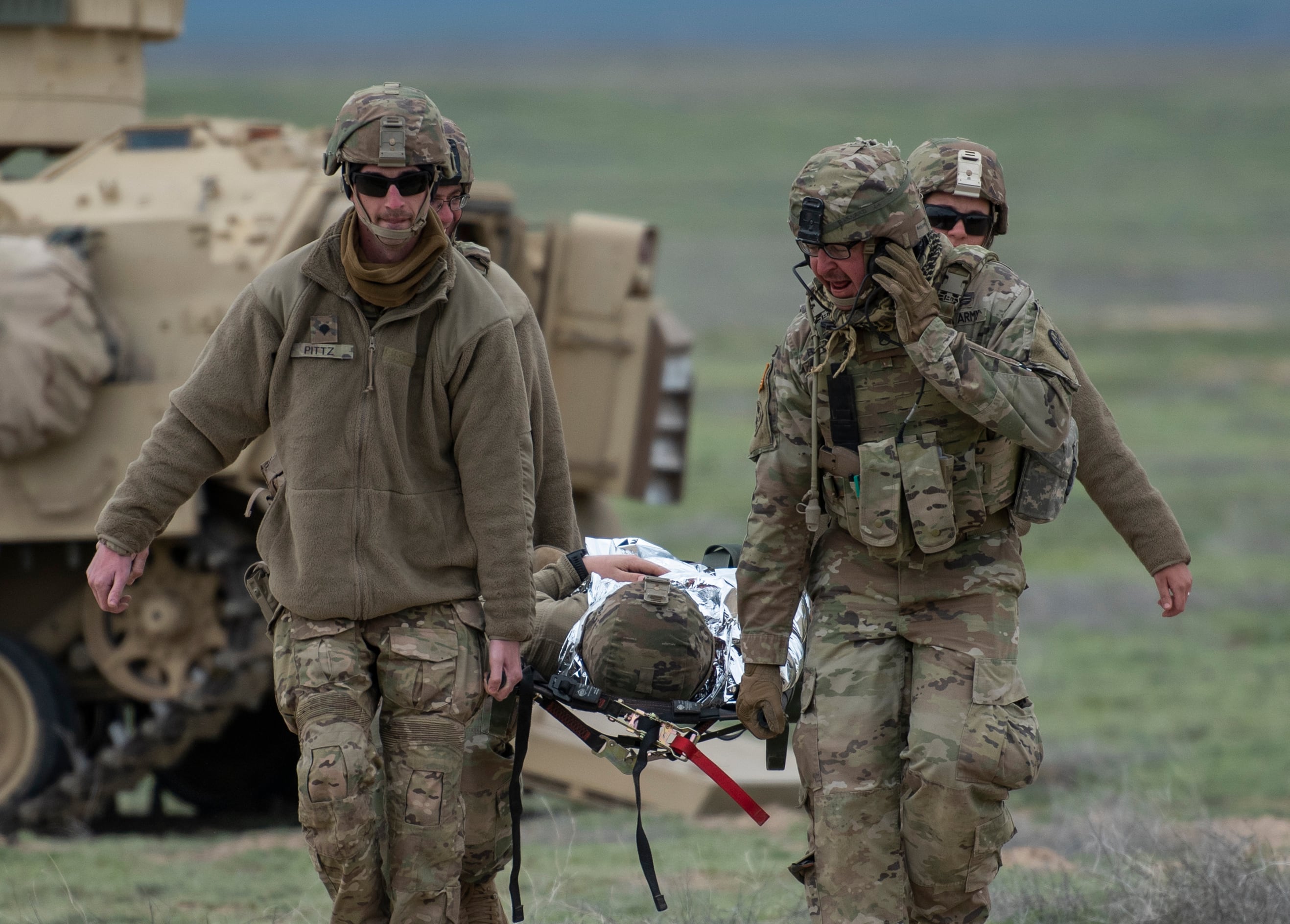The Marine Corps is launching its own version of YouTube — minus the comedy shows.
Starting next month, the Marines will launch a password-protected website that will allow troops and civilians with user accounts on MarineNet to share their own videos about better ways to train, work-out and learn skills for military occupational specialties.
MarineNet Video Services will only be available to MarineNet users, who can post educational videos that are approved by their units, said Capt Anthony Rybicki, MarineNet officer.
"We’re hoping that Marines will be taking videos while they are doing exercises out in the field, getting really good hands-on training, but then coming back and uploading the videos to the website so that other Marines can see how to do these good things," Rybicki told Marine Corps Times.
Rybicki is the project officer involved with the requirements, design and testing for MarineNet Video Services, which is set to launch next month. Over the past year, the 7th Marine Regiment and The Basic School have been running a test version of the website called "Ripper Academy."
"There will be functionality in the future where they can be private channels so that if there are units that don’t want other entities being able to see the videos, they could have a private channel," he said. "But as far as the initial release next month, any video that a Marine posts on MVS, other Marines and sailors on MarineNet will be able to see it."
Marines will not need to log on with the Common Access Cards to access the website, and that means they will be able to watch and upload videos by using their mobile devices, Rybicki said.
"The mobile piece is one of the big pieces that we wanted to ensure we were able to deliver because that adds a whole lot of capability as far as being able to share videos," Rybicki said. "A lot of people take videos on their mobile devices and then load them up to the internet straight from those same devices. So we wanted to give that capability to the Marines."
The idea for the video-sharing website came from a 2013 College of Distance Education and Training exercise that asked thousands of Marines how MarineNet could get better, he said.
"A significant portion of that sample pool had come back saying they would prefer to see some video-sharing capability for the Marine Corps because that’s one of the primary ways that they learn," Rybicki said.






